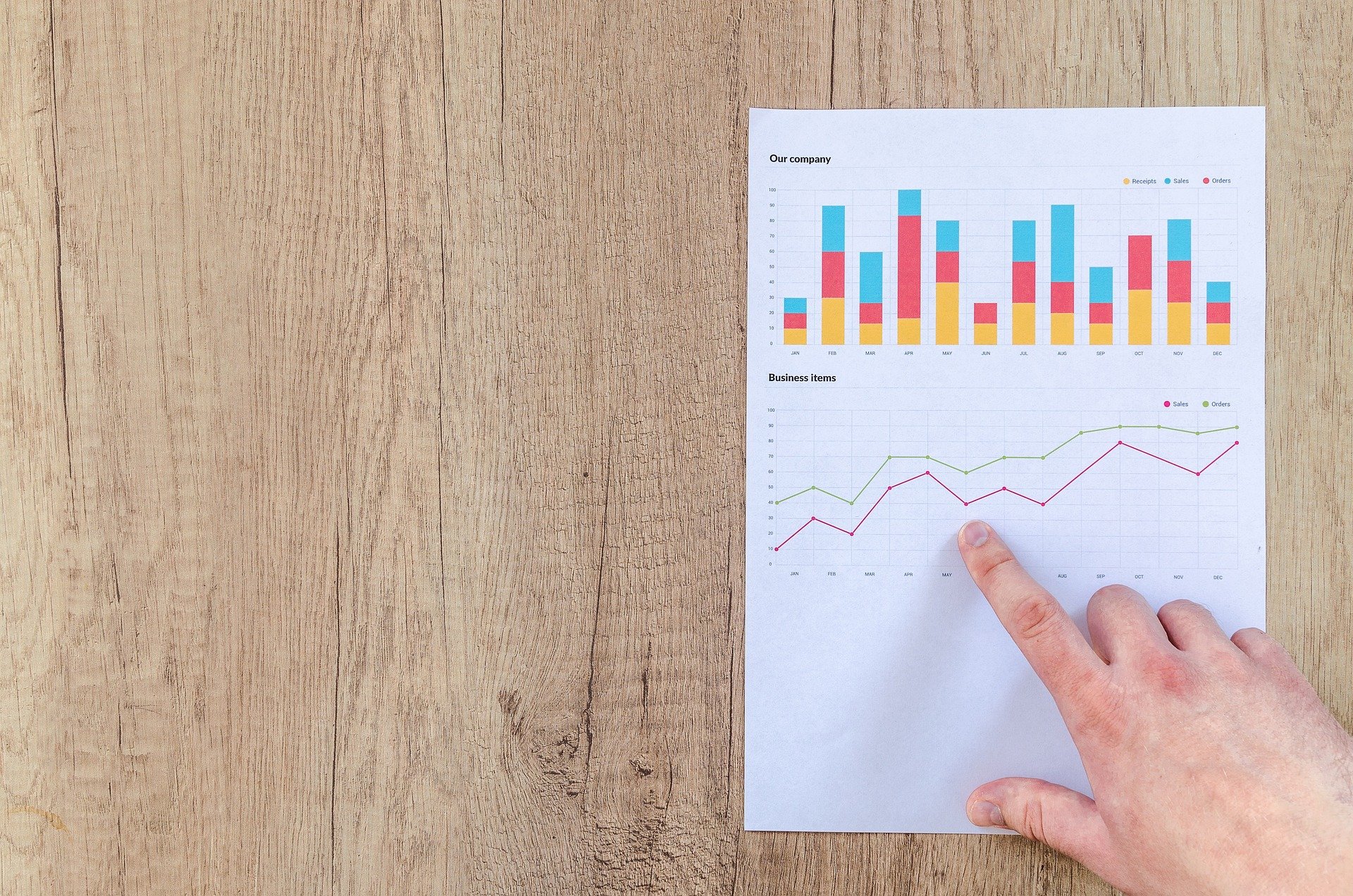6 Key Points You Need To Learn About Personal Finances
Personal finances are an important factor in determining your financial well-being. Good financial management can help to ensure that you have enough money coming in and going out, as well as make sure you're making the right investments for your future. Whether you’re starting from scratch or trying to improve upon existing habits, in this blog post we will cover 6 key points to help you get a better grip on your personal finances. We will also discuss the importance of budgeting, creating an emergency fund, investing wisely and diversifying your portfolio. If you want to take control of your finances and make sound financial decisions, this post is for you.
1) Think About Your Banking And The Card You Use
Checking accounts and credit cards are two of the most important tools for managing your personal finances. Check out different banks to find one with fees that suit your budget and a card offer that fits your lifestyle. Make sure you know what the fees are associated with each account. If you use Wise credit card for money management, you will get a free custom budgeting feature built in. Additionally, it is important to remember that the interest rates on credit cards can be high, so you should always pay off your balance in full each month. On the other hand, debit cards are typically fee-free and do not come with interest rates. However, you should only use them for emergency situations, since they are not a good way to build credit. So, make sure to research your options before you make a decision.
2) Set Your Financial Goals
Setting financial goals is essential in order to make sure you have enough money for the future. These goals should be specific and measurable. For example, if you’re saving for a down payment on a house, decide how much money you need to save each month in order to reach your goal. Additionally, it is important to think long-term when setting financial goals and consider factors such as inflation and potential changes in income.
3) Create A Budget
Creating a budget is one of the best ways to keep track of your personal finances. Start by listing all of your expenses such as rent or mortgage payments, utility bills, groceries and entertainment costs. Once you have an idea of your total monthly expenses, figure out how much money you bring in from all sources, such as salary, investments and government benefits. Finally, subtract your monthly expenses from the total income to determine how much money you have left over. This money can be used for saving or paying off debts.
4) Build An Emergency Fund
Having an emergency fund is crucial in case of any unexpected changes in your life, such as losing a job or needing to make a major purchase like a car or medical bill. Ideally, your emergency fund should contain enough money to cover at least 6 months of living expenses. If possible, start by setting aside 10% of each paycheck into this fund until it reaches the desired amount. And remember: avoid touching this savings unless absolutely necessary!
5) Invest Wisely And Diversify
Investing is a great way to boost your finances, but it should not be taken lightly. Before you invest, make sure you have done your research and understand the risks involved. Additionally, it is important to diversify your investments by investing in different types of assets such as stocks, bonds, ETFs and mutual funds. This will help reduce your risk of losing money due to market volatility or unexpected changes in the economy.
6) Monitor Your Progress
Finally, once you have implemented all of these tips into your financial life, it’s time to monitor your progress. Check in with yourself monthly or quarterly and make sure that you are following through with your plan. Setting up alerts for when bills are due or you reach certain savings goals can help keep you on track. Additionally, taking advantage of online budgeting tools like Mint or YNAB can make financial tracking easier and more efficient. For instance, Mint allows you to link up all of your accounts and gives you an overall view of your finances. Or, you can use YNAB to create a budget and track your progress.
By following these tips, you can take control of your personal finances and make sure that your money is working for you. Remember: any journey begins with small steps, and creating financial security takes time and dedication. So don't give up and soon you'll be well on your way to a secure financial future!
Good luck!

